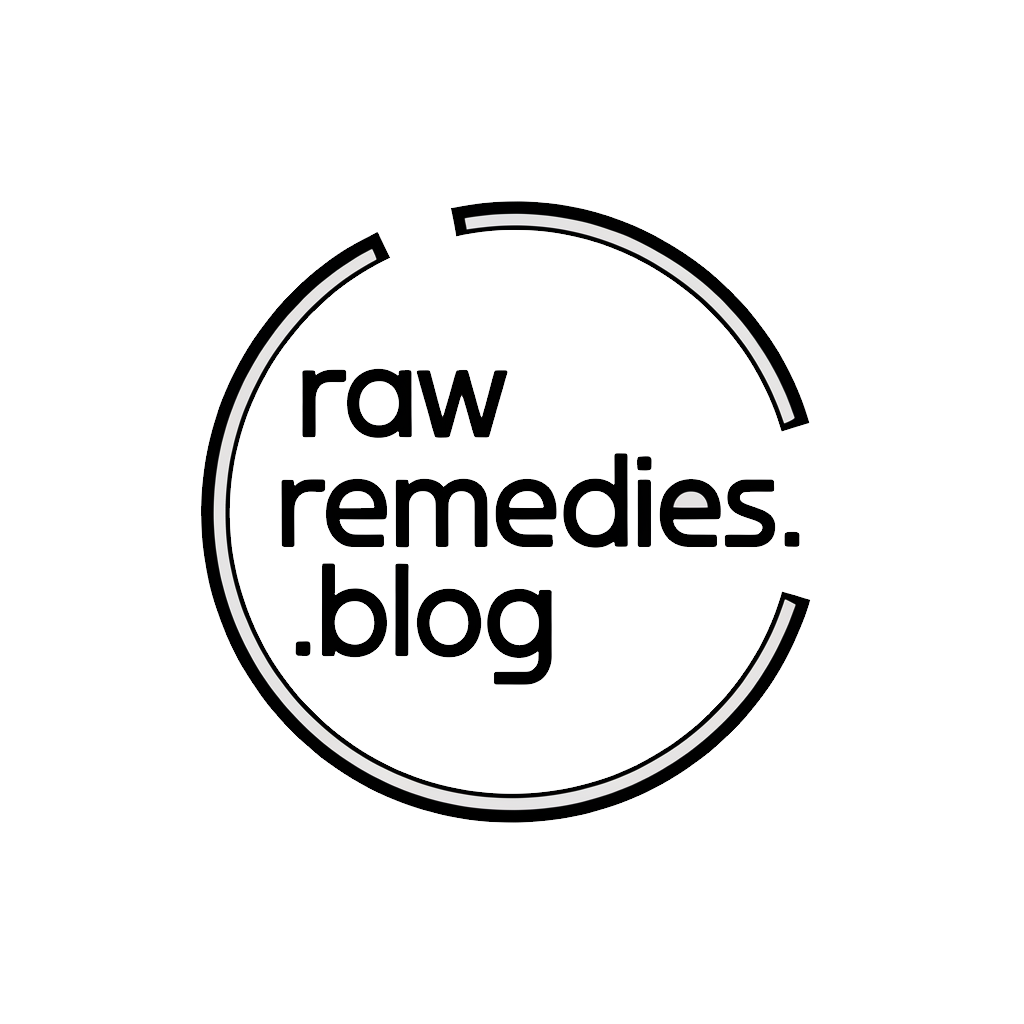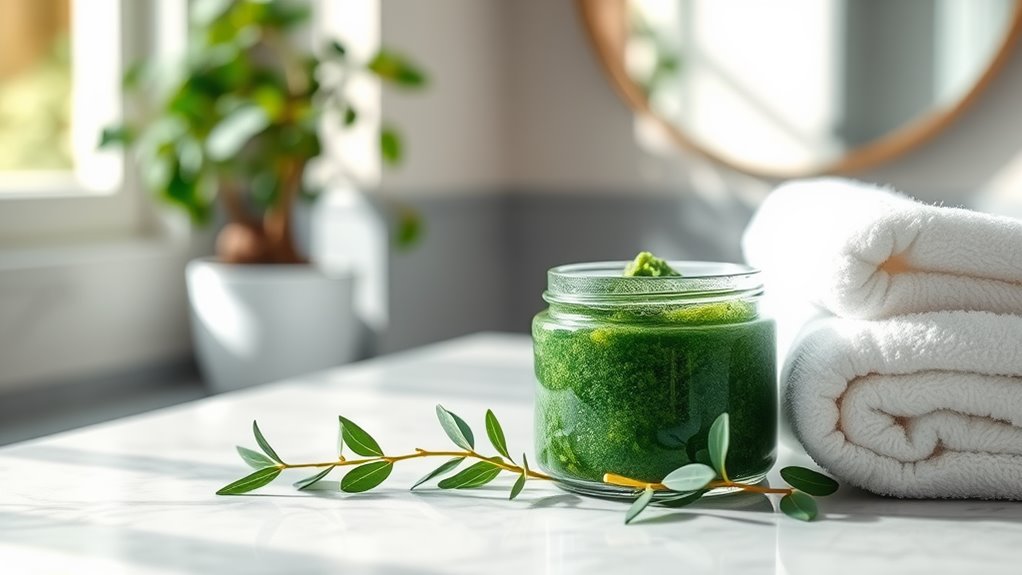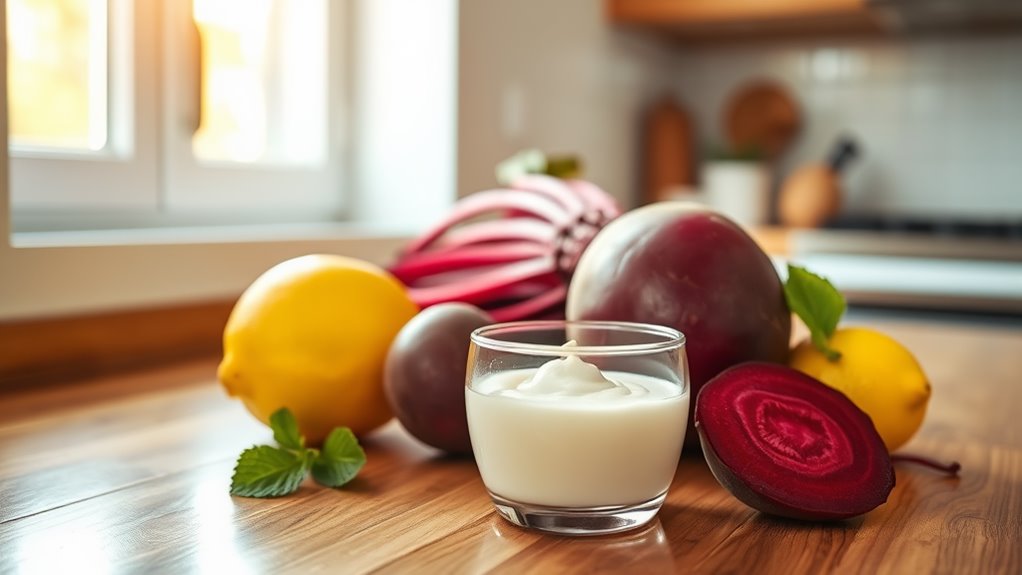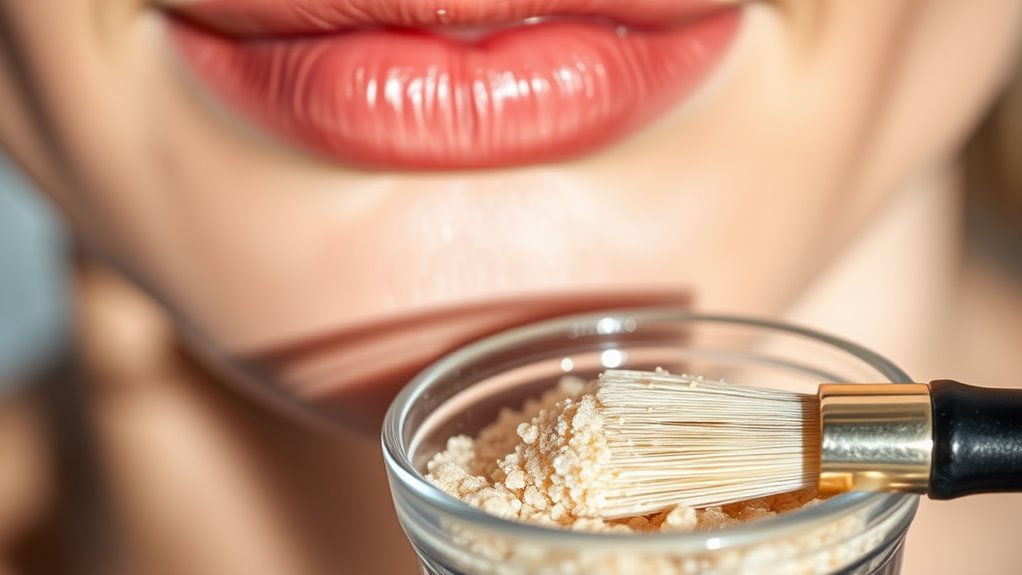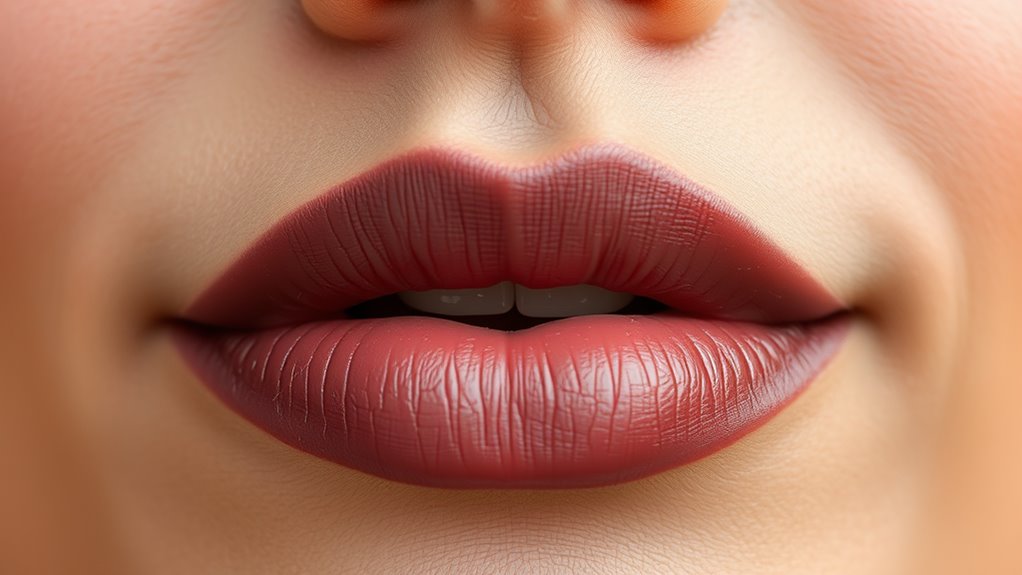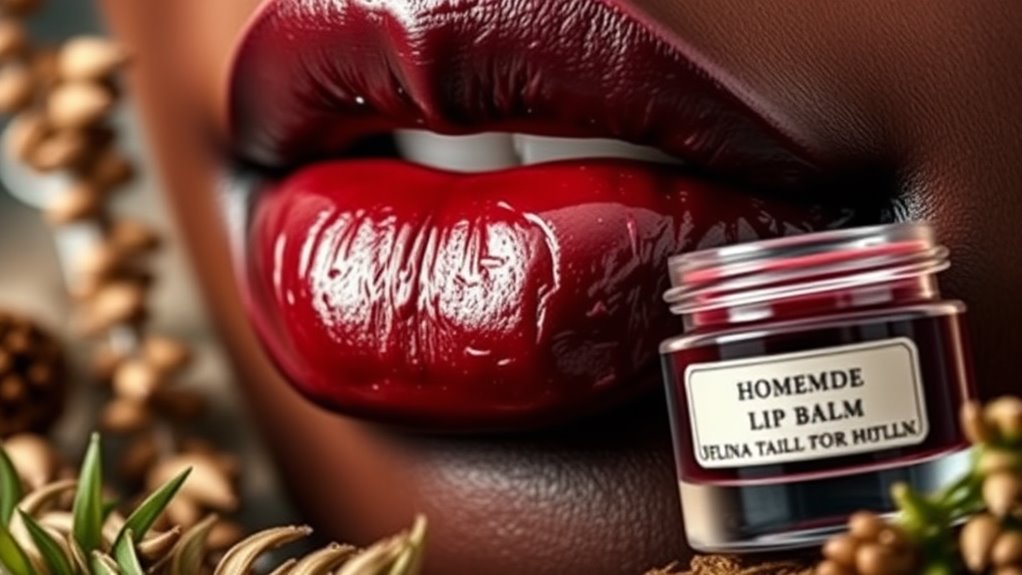This Home Hack Fades Dark Lip Pigmentation Fast!
To fade dark lip pigmentation fast, mix honey and lemon juice for a natural exfoliant that hydrates and brightens. You can use a DIY lip scrub with sugar, honey, coconut oil, and lemon juice for nourishing effects. Remember to stay hydrated and apply a lip balm with high SPF daily to protect your lips from sun damage. Regular gentle exfoliation and proper hydration will keep your lips looking healthy and vibrant. Discover more effective tips to enhance your lip care routine!
Understanding Dark Lip Pigmentation
Have you ever wondered why your lips have darker patches than the rest of your skin?
These dark spots can result from several factors, including sun exposure, smoking, or even dehydration.
Your lips have thinner skin, making them more susceptible to pigmentation changes.
Fortunately, a natural dark lips remedy can help lighten these patches over time.
Ingredients like lemon juice, honey, and almond oil can nourish and exfoliate your lips, promoting a more even tone. Additionally, the science behind lip darkening indicates that using natural exfoliants can enhance the effectiveness of your lip care routine.
Natural Remedies to Brighten Lips
Natural remedies can work wonders in brightening your lips and restoring their natural hue.
One effective option is applying a mixture of honey and lemon juice; the acidity of lemon helps exfoliate while honey hydrates.
You might also try using beetroot juice, known for its vibrant color and antioxidant properties.
Simply dab it onto your lips for a natural tint and glow.
Coconut oil is another great choice, as it moisturizes deeply and combats dryness.
Lastly, don’t forget to stay hydrated and protect your lips from sun exposure, as these simple habits can significantly enhance your lip’s appearance over time. Additionally, regular exfoliation helps remove dead skin cells and improves overall lip texture, promoting natural lip health and vibrancy.
DIY Lip Scrub Recipe
If you’re looking to enhance your lip care routine further, a DIY lip scrub can be a game-changer. This simple blend exfoliates dead skin, revealing softer, healthier lips. Here’s a quick recipe for you:
| Ingredient | Quantity | Benefit |
|---|---|---|
| Sugar | 2 tbsp | Exfoliates |
| Honey | 1 tbsp | Moisturizes |
| Coconut Oil | 1 tbsp | Nourishes and hydrates |
| Lemon Juice | 1 tsp | Brightens pigmentation |
| Essential Oil | 2 drops | Adds fragrance and soothing |
Mix, scrub gently, and rinse for luscious lips! Regular use of a lip scrub can help promote naturally pink lips and keep them healthy.
Hydration and Lip Care Tips
Healthy, hydrated lips are essential for a radiant smile and overall lip care.
To achieve this, start by drinking plenty of water daily; hydration begins from within.
Next, incorporate a nourishing lip balm with natural ingredients like shea butter or coconut oil.
Apply it frequently, especially before bed, to lock in moisture overnight.
Exfoliate gently once a week to remove dead skin cells, allowing your lip balm to penetrate deeper.
Avoid licking your lips, as saliva can lead to dryness.
Finally, consider using a humidifier during dry seasons to keep your lips soft and supple.
Additionally, using a homemade lip balm with natural ingredients can significantly enhance lip health and appearance.
Embrace these habits for beautiful lips!
Preventing Future Pigmentation
How can you keep your lips looking vibrant and free from pigmentation?
Start by applying a high SPF lip balm daily. This shields your lips from harmful UV rays that can darken pigmentation. Next, avoid excessive exposure to hot drinks and spicy foods, as they can irritate your lips. Regularly exfoliate with a gentle scrub to remove dead skin cells and promote fresh growth. Incorporating a homemade overnight lip scrub can enhance exfoliation benefits, making your lips softer and more vibrant. Also, consider incorporating antioxidant-rich foods into your diet, like berries and citrus fruits, which can enhance skin health. Lastly, stay hydrated; drinking enough water keeps your lips plump and reduces the risk of pigmentation.
